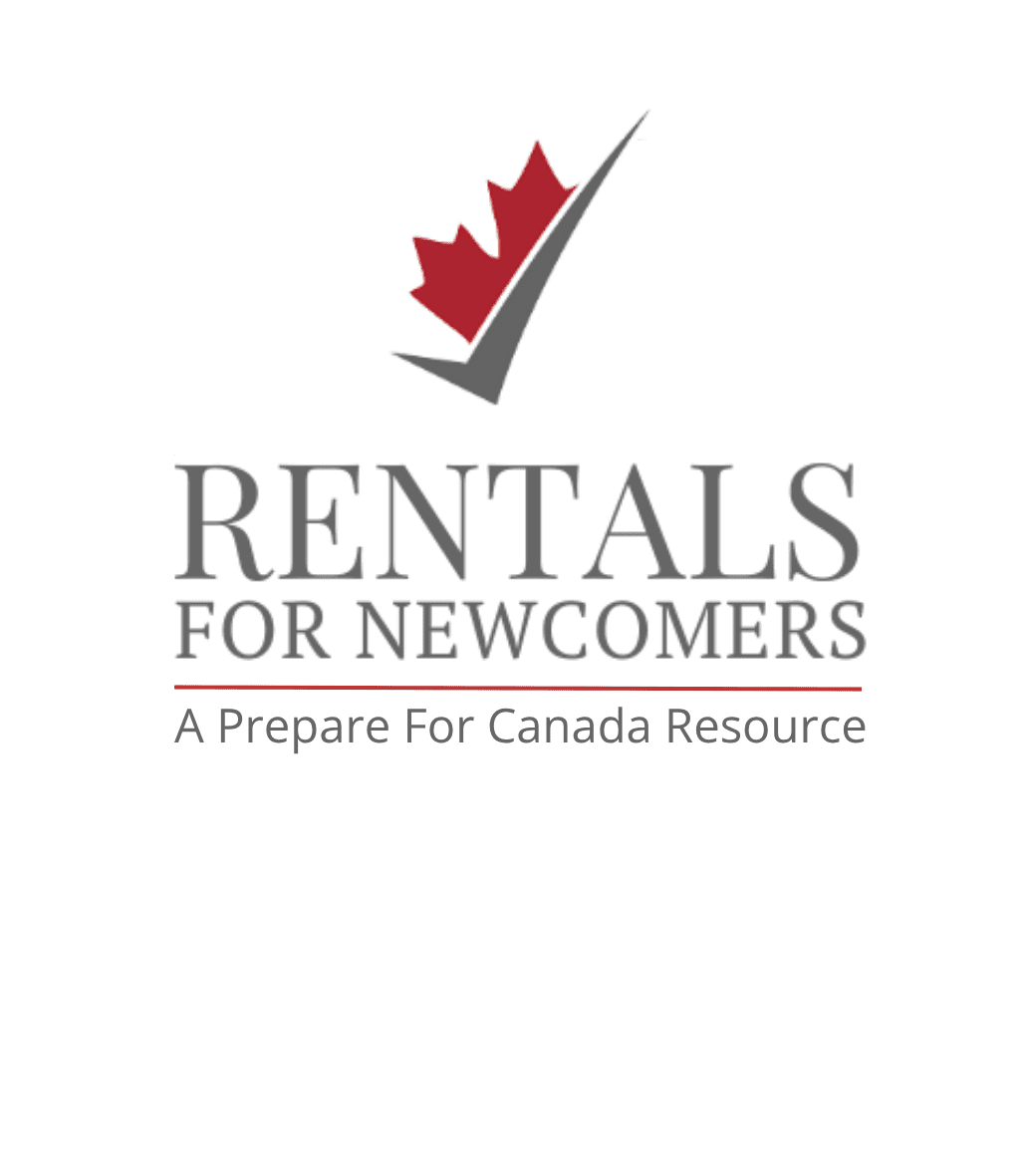Canada is a mosaic of languages and cultures. Half the residents in Toronto alone cited a mother tongue other than English or French, according to a 2011 census. In fact, Statistics Canada identified 160 different mother tongues among Greater Toronto Area (GTA) inhabitants and 200 home languages across the country. (more…)
Finding Childcare in Canada
Childcare is the responsibility of the parents. If both parents work and you don’t have grandparents or other family or friends to watch your children in your absence, you’ll have to find — and pay for — suitable childcare.
To help offset the costs, Canada offers the Universal Child Care Benefit, which provide financial assistance to all Canadian families with young children, regardless of where they live, their family circumstances or preferences. Parents receive $100 a month for each child under six years of age. This is in addition to being eligible for the Canada Child Tax Benefit.


